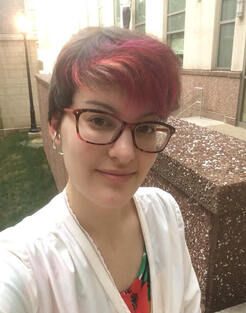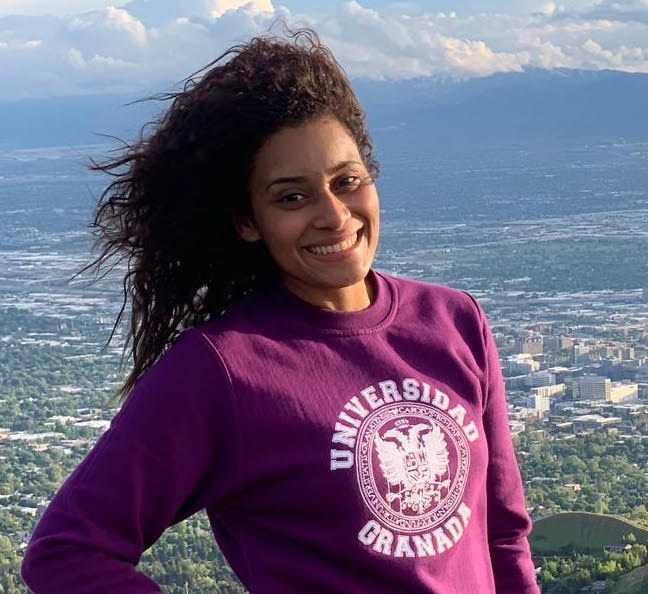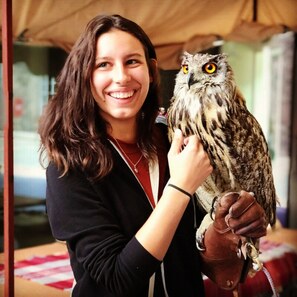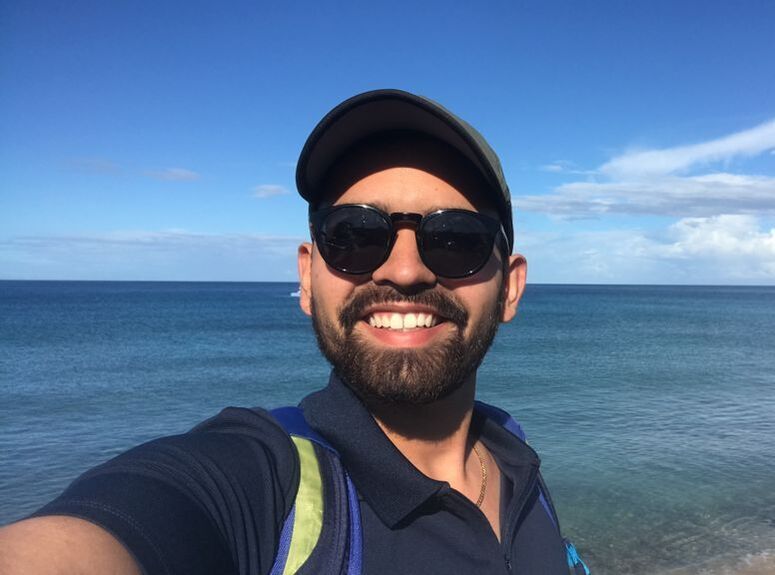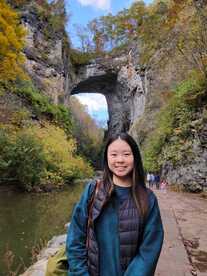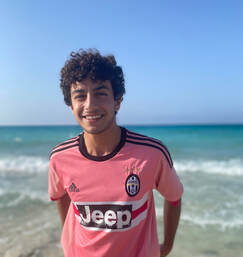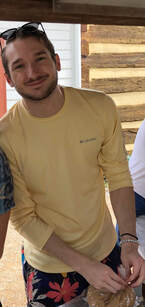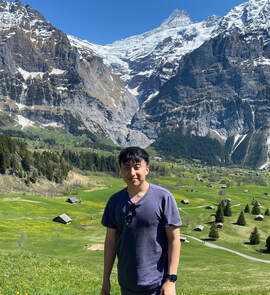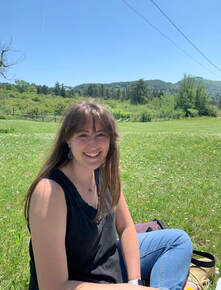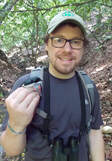Dr. Kevin D. Kohl - Principal Investigator
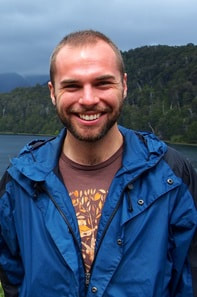
Dr. Kohl is an Associate Professor at the University of Pittsburgh.
Curriculum Vitae - Updated Feb 2024
Dr. Kohl's GoogleScholar Page
Curriculum Vitae - Updated Feb 2024
Dr. Kohl's GoogleScholar Page
Dr. Emily Hardison - Postdoctoral Researcher

Website
GoogleScholar Page
Emily is an NSF-funded Postdoctoral Research Fellow whose research interests include ecological physiology, host-microbe interactions, and conservation biology. She is broadly interested in how environmental changes impact the physiology and behavior of aquatic animals. In the Kohl lab, she is researching how host-microbe interactions in larval amphibians shape their physiological responses to environmental change. In her PhD at UC Santa Barbara, she studied how nutrition impacts thermal plasticity and thermal tolerance in marine fish.
GoogleScholar Page
Emily is an NSF-funded Postdoctoral Research Fellow whose research interests include ecological physiology, host-microbe interactions, and conservation biology. She is broadly interested in how environmental changes impact the physiology and behavior of aquatic animals. In the Kohl lab, she is researching how host-microbe interactions in larval amphibians shape their physiological responses to environmental change. In her PhD at UC Santa Barbara, she studied how nutrition impacts thermal plasticity and thermal tolerance in marine fish.
|
Elizabeth’s research interests encompass host-pathogen interactions, microbiology, immunology, and developmental biology. Elizabeth is using a diversity of study systems to understand the relative contributions of genetics and the environment in structuring the composition of the gut microbiome, especially in early life. Prior to graduate school, Elizabeth worked as a research specialist at the University of Pittsburgh in Dr. Jon Boyle’s lab, studying Toxoplasma gondii and how it crosses the placental barrier during congenital infection. As an undergraduate at Edinboro University, Elizabeth researched the presence of angiogenic inhibitors in the hemolymph of corn furrow spiders, as well as assisted in a large-scale study of big game migration in Botswana.
|
|
Karen is interested in host-microbe interactions, microbiology, genetics, and cellular biology. In the lab, Karen is studying how, under different diet strategies, the activity of the gut microbiota aids hosts with rapid physiological adaptations. She is excited to explore this question using a combination of metagenomics, cellular and molecular techniques. Before moving to Pitt, she worked as a laboratory technician under the mentorship of Dr. Clement Chow in the department of Human Genetics at the University of Utah. A central research focus of her job was to identify the impact of genetic variation on the outcome of N-Glycanase 1 (NGLY1) deficiency, a rare, autosomal recessive disease. As an undergraduate at Bucknell University, she studied chloroplast relocation in ferns grown in the dark and supplemented with cytokinin.
|
|
Jess is interested in exploring the connections between gut microbiome and host physiology in the context of changing environments. She is specifically interested in applying gut microbiome research to inform animal management and conservation practices. In the Kohl lab, her research focuses on how changes in gut microbial composition associated with artificial rearing practices in Whooping Cranes could potentially lead to adverse health outcomes. Prior to graduate school, Jess was a lab manager at the University of California San Diego where she studied the influence of captivity on the deer mouse gut microbiome. As an undergraduate at Harvard University, she researched the effects of human milk oligosaccharide diversity on gut microbial structure and metabolic function.
|
José Goyco-Blas - Research Technician |
|
|
José has a bachelor’s degree in Environmental Science with an emphasis in Environmental Chemistry from the University of Puerto Rico in Aguadilla. He also earned a master’s degree from the Polytechnic University of Puerto Rico, where he specialized in Environmental Law and Regulation. He is interested in how environmental effects can impact a species, changed its microbiome and physiological components. His most recent experience was working as a field and laboratory technician in CECIA Department at the InterAmerican University of Puerto Rico. His focus was the identification of E. coli, Giardia and Salmonella in the NON-PRASA water systems in Patillas, Puerto Rico and offering seminars to the community. Jose also worked in diverse research within the fields of ecology, biology, and chemistry.
|
Undergraduate Researchers
Previous Lab Members
|
Dr. Samantha Fontaine (previous PhD student)
Website GoogleScholar Page |
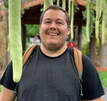

Copyright © 2024 KOHL LAB - University of Pittsburgh

